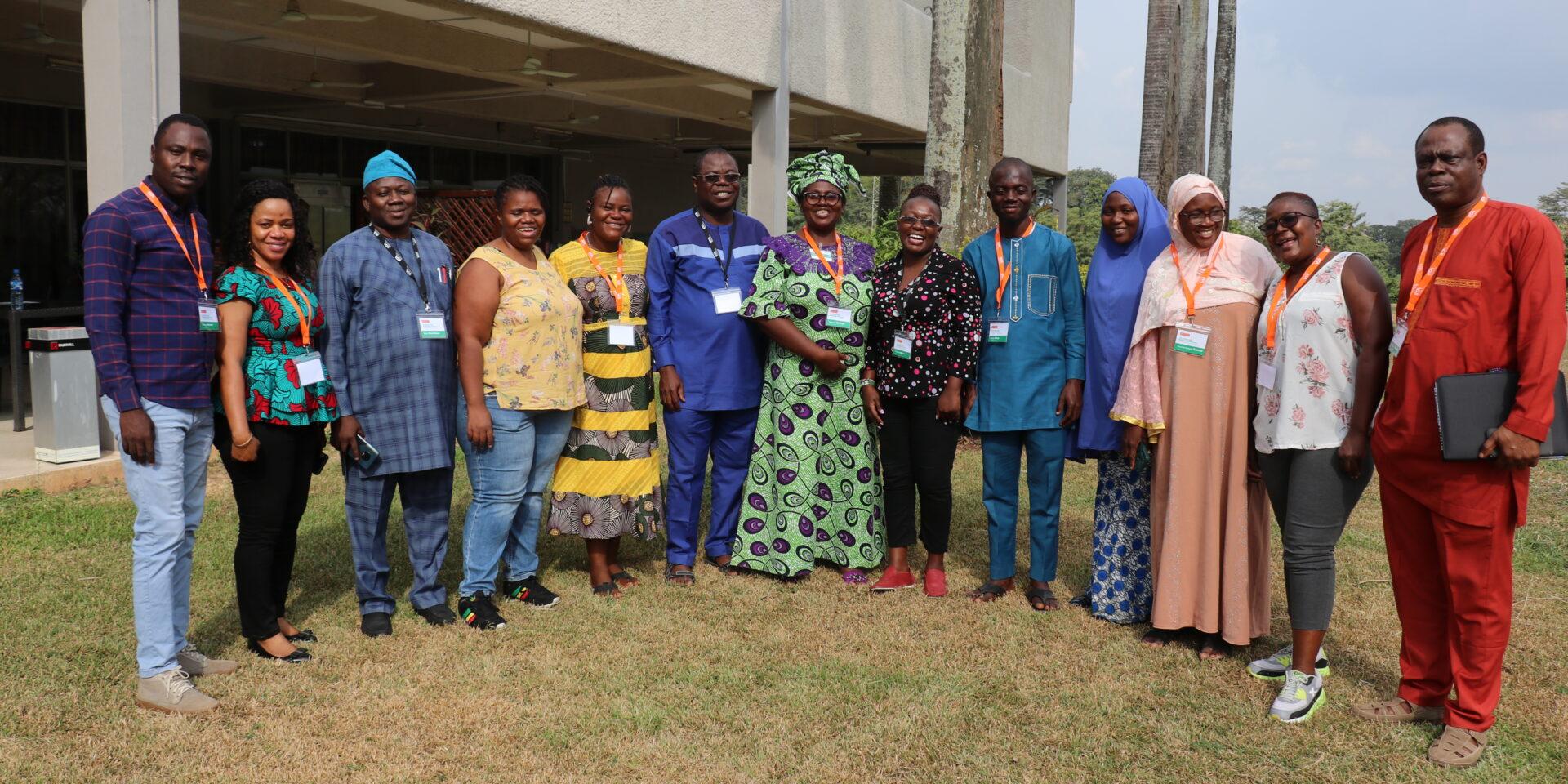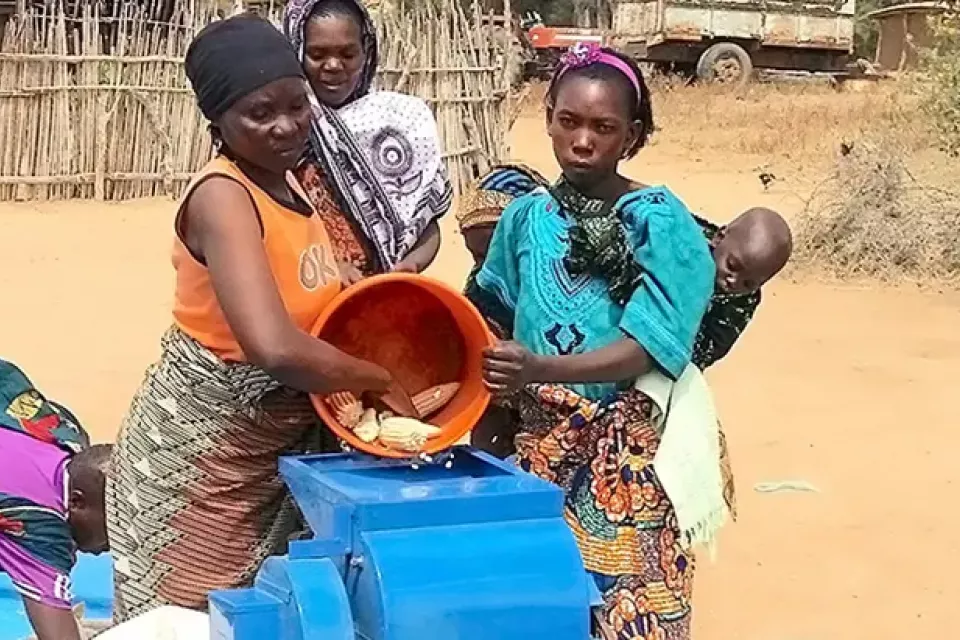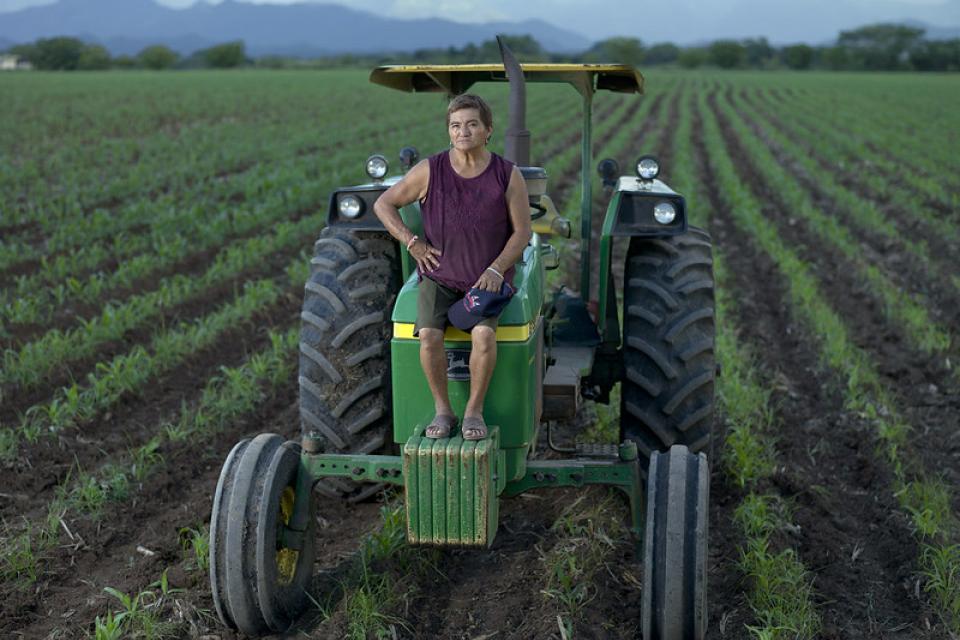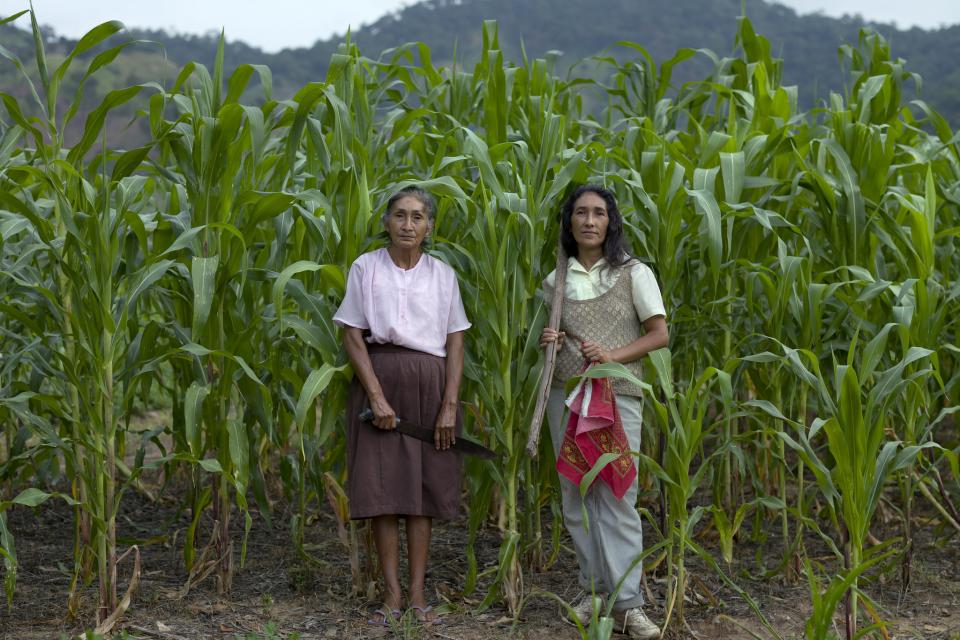Stakeholders challenge norms constraining women in agri-food systems
 Photo credit: Agness Chileya/WorldFish.
Photo credit: Agness Chileya/WorldFish.
In a world experiencing rapid climate change, harmful gender norms play a significant role in limiting women’s abilities to build economic resilience needed to respond and adapt to the challenges created by unprecedented climate change. It is essential for women to take their place in co-designing solutions for building economic resilience. Studies have confirmed that Gender Transformative Approaches (GTAs) are effective in identifying, addressing and transforming the root causes of gender-based inequalities by tackling unequal norms, attitudes, and power relations.
In November 2022 and February 2023, HER+, CGIAR’ gender equality research initiative, held stakeholder workshops in Nigeria and Tanzania to identify and understand norms that constrain women’s abilities to participate in and benefit from cassava, chicken, and fish AFS to build economic resilience.
The workshops brought together 17 stakeholders (9 women and 8 men) in Nigeria and 22 stakeholders (12 women and 10 men) in Tanzania, who were knowledgeable about gender issues within the focal AFS. The workshop participants were representatives from academia, non-governmental organizations (NGOs), government departments, private sector, associations, among others who provide support in the focal AFS.
The stakeholder workshops created spaces to enable participants to map value chain actors in each node and their roles. Specific AFS group breakout sessions followed by plenary presentation, identified the norms that influence women’s abilities to participate in and benefit from value chain work and utilize innovations to build economic resilience to climate change challenges.


